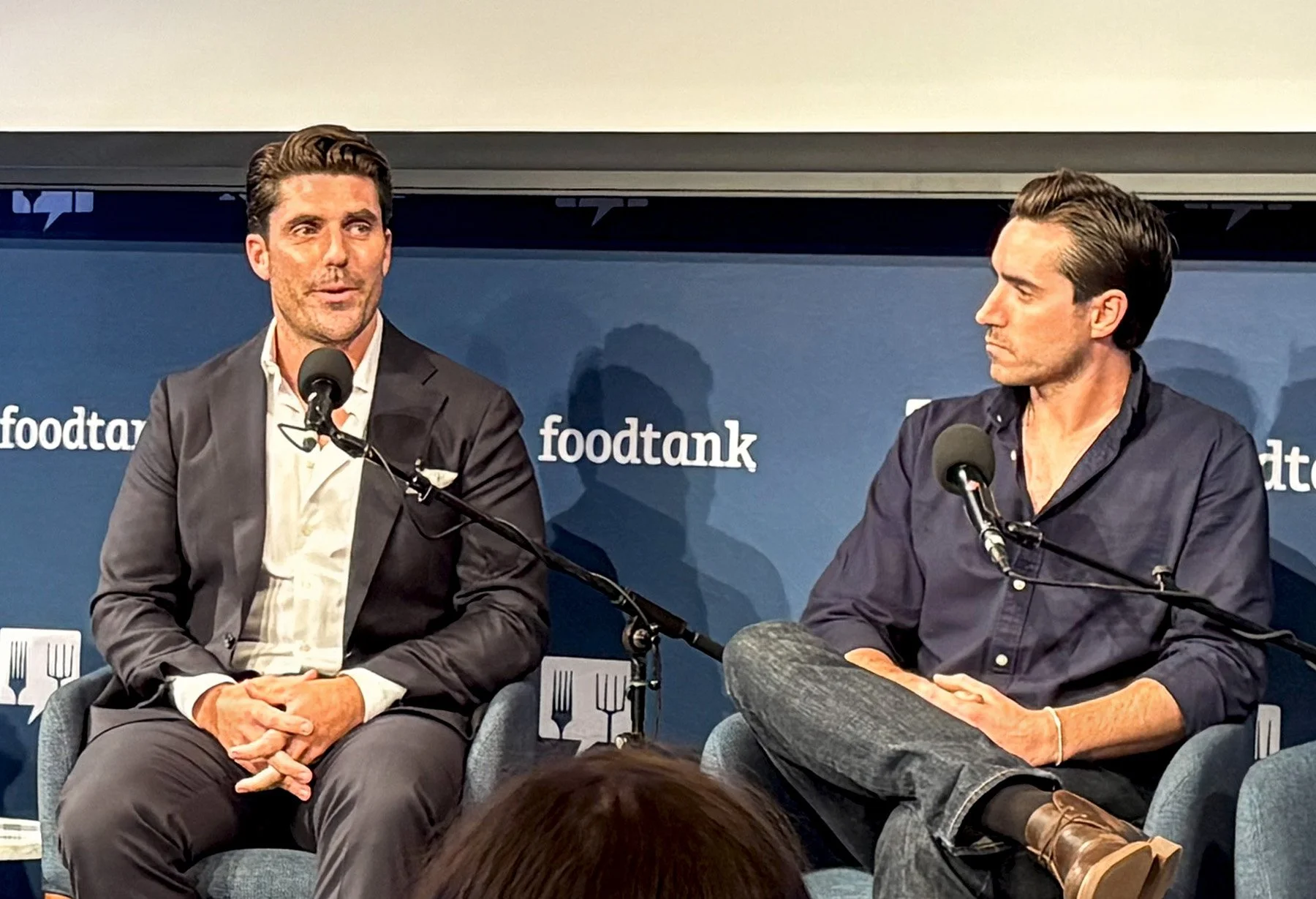Finding the Nourishment in the Noise
To many in our industry, Climate Week NYC is known for its contradictions. There’s no shortage of big names, big panels, and big promises — but there’s also a fair share of noise, repetition, and greenwashing.
Despite this, we see tremendous value in bringing people together to discuss, learn, and celebrate what people are doing today in regenerative agriculture. In a city as vibrant as New York, there’s something special about translating its inherent Big City energy into hope for Big Ideas — and nothing affects us more on an everyday basis than changing the way we eat.
Regenerative agriculture is a deliciously simple way to nourish our bodies and the planet at the same time. Using traditional farming practices like planting cover crops, limiting tillage, and applying compost can change a single plot of land from barren to beautiful, and from nutrient-depleted to nutrient-dense. And it also measurably saves water, protects wildlife, and enriches the soil by encouraging subterranean microbial life to flourish. Changing one farm at a time adds up to a lot of healthy soil — which locks in water, sequesters carbon, and helps feed healthier humans.
Isn’t that all worth the hype? We sure think so! That’s why one of our co-founders David Campaniello headed to NYC this week to attend a few Climate Week events. One of his favorites was Hope on a Plate, a speaker panel hosted by FoodTank featuring some of the most influential people in regen ag today.
Dan Barber speaks at Hope on a Plate during Climate Week NYC 2025
This year, Hope on a Plate reminded us that regenerative agriculture isn’t just an abstract concept — it’s alive, it’s evolving, and it’s reaching the tables where change begins. Here are three moments that stayed with us:
Dan Barber on flavor as proof. Flavor isn’t just preference, he argued — it’s nutrient density’s best storyteller. When food tastes alive, it’s often because the soil that grew it is alive, too. That connection between palate and practice is one of the most powerful ways to draw people into the regenerative conversation, because you can literally taste the difference.
The English brothers on storytelling. Through their work at Common Table Creative, Oliver & Simon English are telling some of the best stories in regenerative farming today. Their work proves that the right story, told effectively, can open doors to an entire movement. Changing one mind at a time is the pathway toward making sustainable progress, and good storytelling does just that.
Whole Foods on accountability. Jason Buechel shared that the retailer will soon require certification for any brand using the term regenerative on its packaging. That’s more than a headline — it’s a reset button. By setting a baseline, it helps protect both farmers doing the work and shoppers trying to make better choices.
Whole Foods Market CEO Jason Beuchel discusses the retailer's important moves toward preserving the meaning of "regenerative" and why brands on their shelves are being held accountable.
Simon & Oliver English from Common Table Creative talk about why storytelling matters in getting more consumers interested in supporting regenerative agriculture.
Of course, there are still stark reminders of the work ahead. One statistic shared during this event hit us hard in particular: 65% of all seeds used to grow the world’s food are controlled by just four chemical companies. Consolidation is the exact opposite of regeneration, and it threatens our entire food supply. This is just one example of why these conversations — and these genuine commitments — matter.
We left this year’s Climate Week reminded that progress doesn’t always announce itself with a spotlight. Sometimes it’s a quiet commitment to soil, a stronger standard for accountability, or a story that reaches a new audience.
That’s the nourishment we need to grow a better future. Here’s to celebrating the true changemakers working to make this future a reality!




